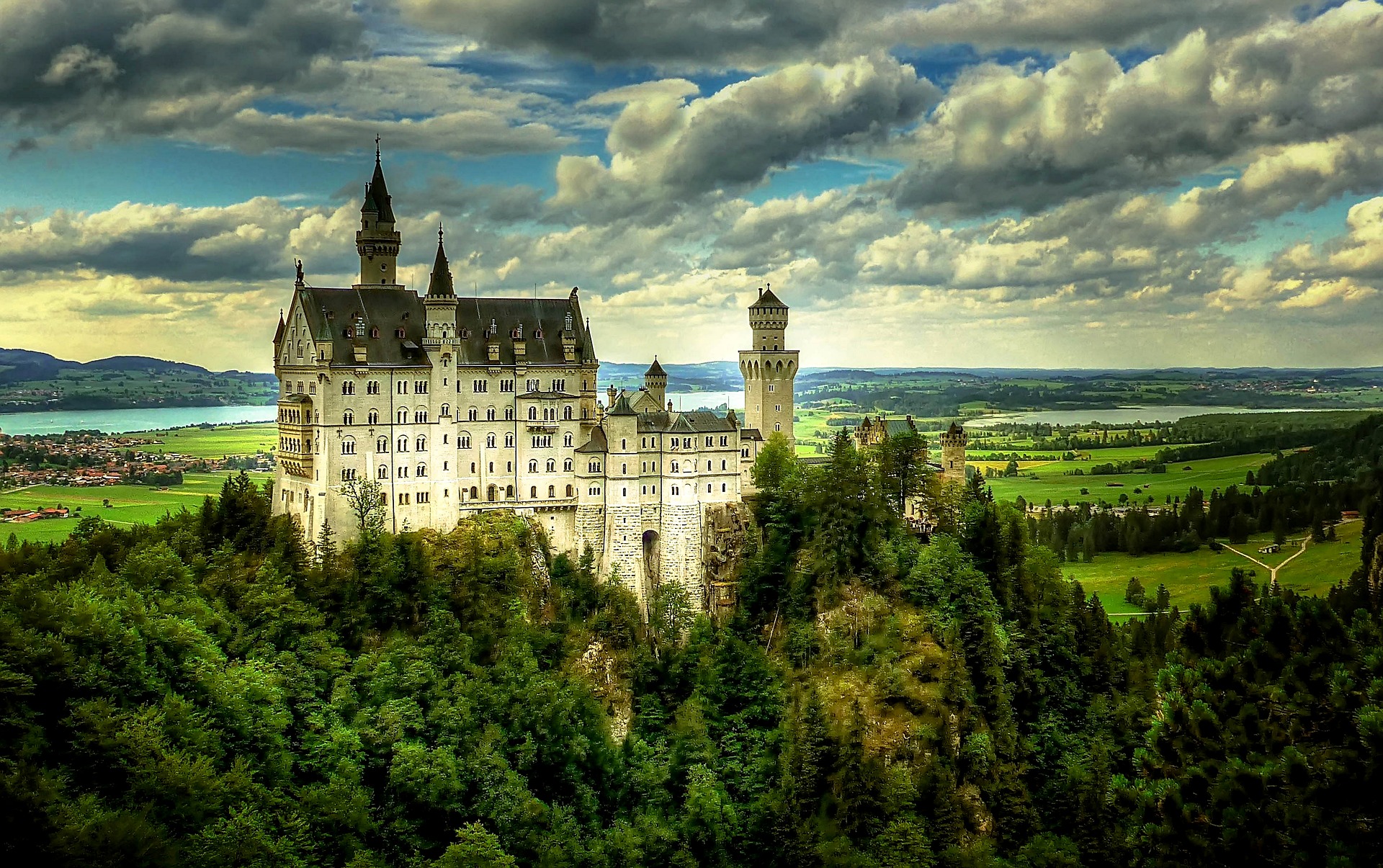
Beautiful Bavaria
For most visitors, Bavaria, with its own sense of Gemütlichkeit, beer gardens, quaint little villages, and culturally rich cities, appears to be the quintessence of Germany. In fact, nothing could be further from the truth. Of the 16 German Länder, as the German federal states are called, none is more fiercely independent than Bavaria: it was an autonomous dukedom and later kingdom until 1871, when it was incorporated into the German nation state.
An individual state
For Bavarians, anything beyond the state's borders remains foreign territory. The state has its own anthem and its own flag, part of which—the blue-and-white lozenge—has virtually become a regional trademark symbolizing quality and tradition. Bavarian politicians discussing the issue of Europe in speeches will often refer to Bavaria almost as if it were a national state. They inevitably call it by its full official name: Freistaat Bayern, or simply "der Freistaat," meaning "the Free State." The term was coined by Kurt Eisner, Minister President of the Socialist government that rid the land of the Wittelsbach dynasty in 1918. It is simply a German way of saying republic—a land governed by the people. Bavaria's status as a republic is mentioned in the first line of the separate Bavarian constitution (its fourth constitution since 1808) that was signed under the aegis of the American occupation forces in 1946.
Bavaria is not the only Freistaat in Germany, a fact not too many Germans are aware of. Thuringia and Saxony also boast that title. But the Bavarians are the only ones who make such a public point of it.
Explore Germany and discover the vast differences between the north and south
Try one of our selection of walking tours, cycling tours, bike & barge tours in Bavaria
Article written by Marton Radkai for Fodors Travel.